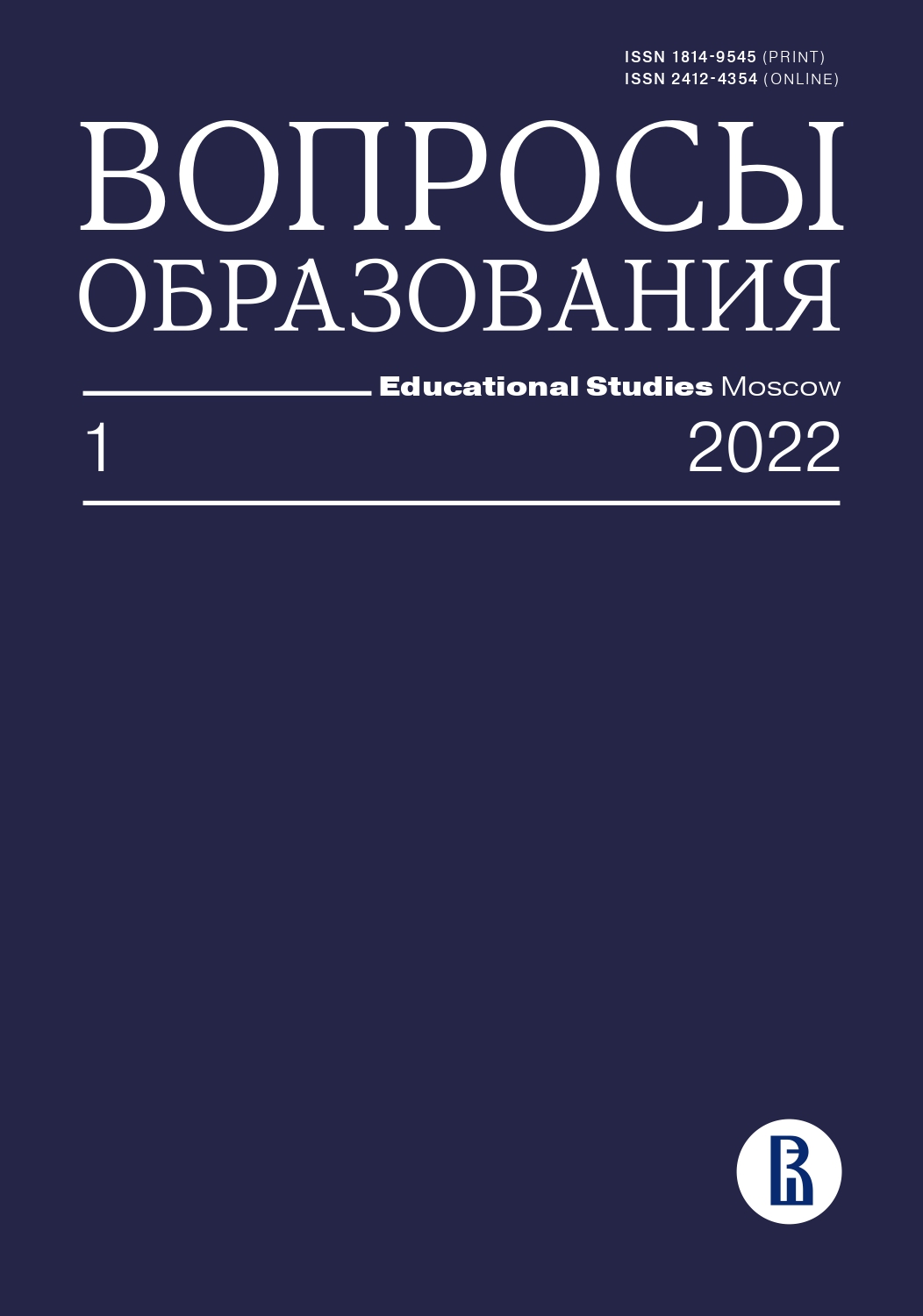Можно ли улучшить успеваемость школьников из беднейших семей, инвестируя в их некогнитивные навыки? Каузальный анализ методом сопоставления мер склонности
Аннотация
На основе данных Международной программы оценки образовательных достижений учащихся (PISA) за 2018 г. по российской национально репрезентативной выборке, включающей более 7 тыс. девятиклассников, оценивается влияние некогнитивных навыков на образовательные результаты школьников, в особенности выходцев из семей с низким социально-экономическим статусом. Для анализа данных использовался метод сопоставления мер склонности, представляющий собой один из способов каузального анализа в эконометрике. Установлено, что развитие некогнитивных навыков, особенно мышления роста, самоэффективности и упорства, снижает вероятность низких академических достижений, и данный эффект особенно силен для обучающихся из семей с низким социально-экономическим статусом. На основании результатов исследования авторы обосновывают целесообразность включения программ социально-эмоционального обучения в образовательный стандарт школьного образования.








